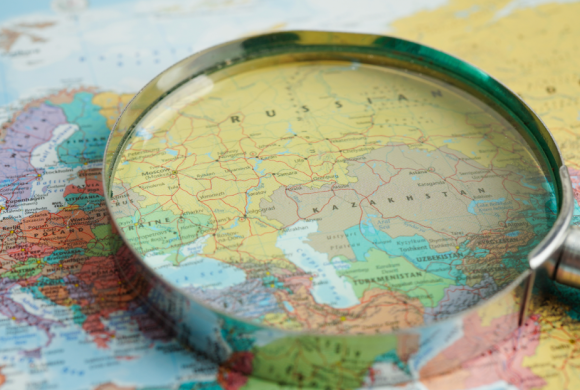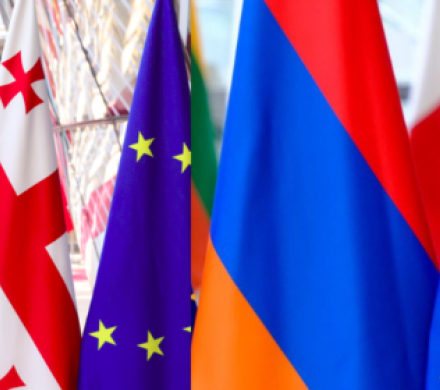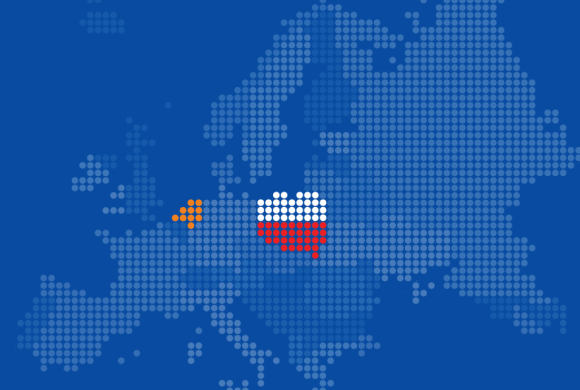Geopolitics
Winter School: Energy Security and the Geopolitics of Critical Raw Materials in Key Maritime Zones
We’re thrilled to announce the hybrid Winter School Energy Security and the Geopolitics of Critical Raw Materials in Key Maritime Zones, 12-14 January 2026. We will focus on the Caspian Sea, the Black Sea and the Arctic Sea during the Winter School.
Geopolitics
19 Sep 2025
The Limits of Central Asia’s Multi-Vector Foreign Policy
The Hague Research Institute
Geopolitics
25 Jul 2025
Hydropolitics in Central Asia: Balancing Tensions and Good Neighbourliness in Kazakhstan–Kyrgyzstan Water Relations
The Hague Research Institute
Geopolitics
Lecture 'European Integration in the South Caucasus: Prospects for Armenia and Georgia'
This public event explores the evolving European integration paths of Armenia and Georgia.
Geopolitics
23 Apr 2025
How can Moldova use the energy crisis to reintegrate the country?
The Hague Research Institute
Geopolitics
03 Apr 2025
We shall maintain: the Netherlands and Poland facing European and transatlantic challenges together
Clingendael Institute










